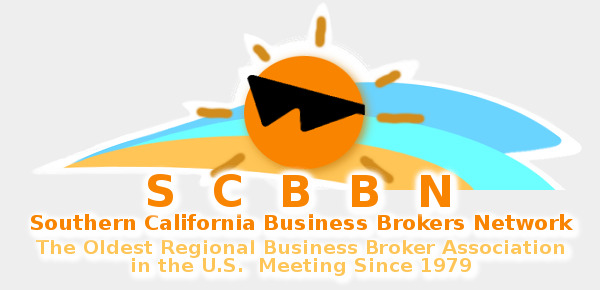When you buy a seller’s corporation, few to none of the benefits accrue to you but there are a lot of negatives. Lets start with the benefits.
When you buy stock in a corporation you lose tax benefits plus take the assumption of all liabilities known and unknown, and warrantee claims that may come in after the purchase.
It is common to find out that a corporation owes taxes that were not disclosed or known at the close of escrow.
Payroll taxes, sales taxes, and income tax can show up years later and the corporation is responsible to pay them. Even accrued vacations are a liability that a buyer and seller may not even think about. You inherit the corporation’s workers compensation policy history –good or bad. There are too many contingent liabilities that no one is aware of when taking over a corporation.
Taking over a corporation is also a very poor income tax move. You cannot take depreciation on the assets of the company you bought. You must continue the greatly reduced depreciation that the corporation already was taking. Only when you sell the corporation’s stock do you get the benefit of writing off what you paid for the company. The tax consequences alone are enough to avoid buying a seller’s corporation.
The only time you should ever consider buying the corporation is when there is a government license (like a recycling license) or customer contracts (like an insurance contract for body shops) that are in the corporation’s name. Then you might have to buy the seller’s corporation. It is much better to apply for a new license in your name as buyer and borrow the seller’s corporation only until that new license comes through. The seller’s corporation would not have any assets in it by that time because you bought all the assets out of the corporation at the close of escrow.
Creative Commons Attribution: Permission is granted to repost this article in its entirety with credit to Business Buying Services and a clickable link back to this page.
Image credit: monkeybusinessimages iStock











